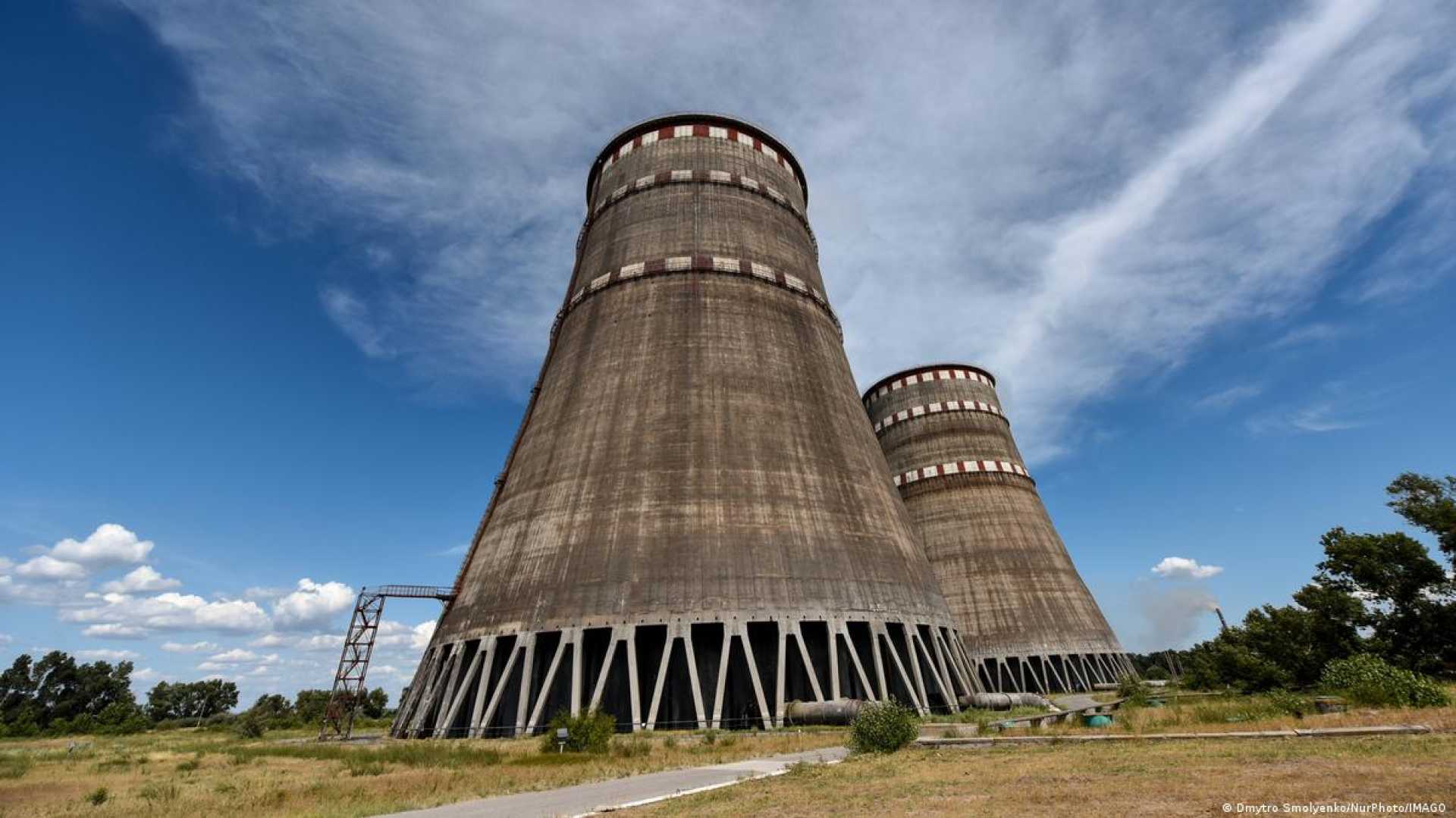News
Chernobyl Survivor Natalia Khodymchuk Dies in Kyiv Missile Attack

KYIV, Ukraine — In a tragic turn of events, 73-year-old Natalia Khodymchuk became the latest victim of continued Russian missile and drone assaults on civilian targets. On November 14, she was among around 50 people injured in missile strikes on residential buildings. Despite medical intervention, Khodymchuk succumbed to her severe injuries, which included burns covering 45% of her body and injuries to her respiratory tract.
Natalia Khodymchuk was more than just a victim of the ongoing conflict; she was the widow of Valery Khodymchuk, a pivotal figure linked to the Chernobyl disaster. Valery lost his life during the catastrophic explosion of reactor No. 4 at the Chernobyl Nuclear Power Plant on April 26, 1986. He stayed at his post until the end, earning recognition posthumously from both Soviet and independent Ukrainian authorities as the first victim of the disaster, with his remains never recovered from the radioactive fire.
After the disaster, Natalia and her children were evacuated from the exclusion zone and relocated to a new 18-story apartment building on the outskirts of Kyiv, which ironically was near another power station. When they moved, some skeptics claimed the relocation was an attempt to minimize the spread of radiation sickness among the general population by segregating survivors. However, it soon became evident that radioactive fallout had reached Kyiv, leading to warnings against taking children to the May Day parade that year, even as Soviet authorities insisted everything was under control.
In 1996, Valery was symbolically buried at Mitinskoe Cemetery in Moscow alongside fellow firefighters and Chernobyl staff who also suffered from radiation sickness. These individuals had died shortly after the disaster, having received treatment at Moscow’s Hospital Number Six, the only medical facility able to diagnose radiation sickness at that time.
Natalia and Valery’s love story began at Chernobyl, where she worked in a canteen, and he came for lunch. She fondly remembered their dates in her village of Kopachi and his unexpected marriage proposal while she was weaving a rug. The couple initially lived in a mobile home before settling in Pripyat, which has been deserted for nearly 40 years due to the disaster.
For over two decades after Valery’s death, Natalia visited his grave annually, which became more difficult during the war in Donbas. After that, she shifted her tradition to leaving flowers at memorials in Chernobyl, now inaccessible due to the ongoing conflict. The full-scale Russian invasion in 2022 further disconnected her from her past, as travel routes to Chernobyl were cut off and the exclusion zone fell under Russian control. In that same year, Natalia celebrated becoming a grandmother, naming her granddaughter Valeria to carry on Valery’s legacy.
On the night of the missile strike, the building in Kyiv housed many aging Chernobyl survivors, including those suffering from chronic health issues. Survivors, with few belongings to their names, struggled to find safety as their previous lives continued to haunt them. Among the residents was Oleksiy Ananenko, a Hero of Ukraine who played a crucial role in preventing a second explosion at Chernobyl, an event that could have had catastrophic consequences for Europe.
Today, the site of the Chernobyl disaster is protected by a sarcophagus, but the sacrifices made by people like Valery Khodymchuk will not be forgotten. A memorial dedicated to his bravery states: ‘You did not leave your post, You stood like men in battle. A monument should be raised to you in every heart.’












